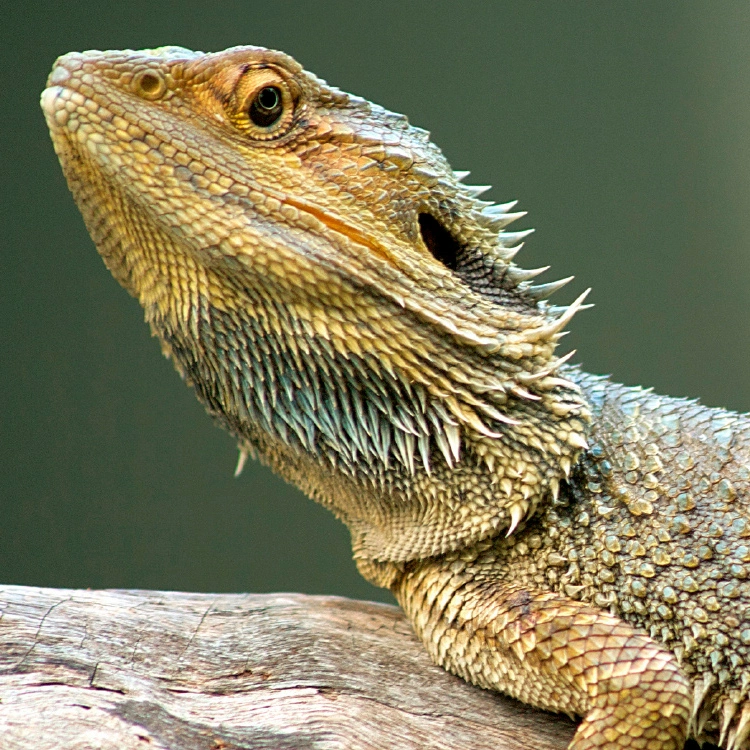A while ago I set myself a task, to build out a vision for the future that I have been slowly crafting within my imagination. Through this process I’ve found many similarities with my own path and that of the solarpunk community. In so, I decided to start a blog where I can compile my worldbuilding notes, encourage myself to write more, and facilitate regarding topics of what a solarpunk future actually looks like.
Post Food Scarcity is the latest topic that I have explored. Taking a look into what a functional future looks like when we no longer have to worry about procuring food as a means of survival. Would love to hear other’s thoughts on this subject!
Trying to add content on a regular basis, mainly to form good writing habits, but also to keep the flow of creative juices well… flowing. Giving that the r/solarpunk is under black out, I’m not really too sure of other good places to share my ideas. If anyone would be willing to point me in a good direction when it comes to sharing content, I would be most appreciative!!
In any ways, thanks for allowing me to take up some of your time and hope you have a great day!!
There is a sci-fi novella about the world after an infection causes people to be able to photosynthesize. It’s an interesting look at how economies change, advancements are possible, and politics fades; all because people are free from the need to earn money from someone else in order to buy food.
“The Green Leopard Plague” by Walter Jon Williams.
Very funky, worth reading.
I almost gave up, but I think I found it:
Let me know if that is it and I’ll add it to my reading list. Always looking out for good reads!
What you describe reminds me a bit of Knights of Sidonia, in that there are certain parts of the civilization within the colony that could photosynthesize as well. It’s not the biggest plot point, but it does get covered a bit. The anime was really interesting to watch. Reminds me that I need to pick up the manga cause it’s not likely that the third season will ever get finished.
That looks like it. That’s the book of short stories, I think. I read the novella as a free pdf. I just tried to find a free pdf like what I read, and I have no idea where it went.
This is great. Have you thought about sharing your work over at c/worldbuilding at https://slrpnk.net/c/worldbuilding@lemmy.ml ?
I had not thought about cross posting there, but I have now! Thanks for the suggestion!
We don’t have food scarcity; we have capitalism and carnism.
(ok, there’s a few countries where there is legitimate food scarcity within their borders. But borders are fictional social constructs, and they could be fed if it wasn’t for capitalism)
And if we ever did encounter a situation where the calories produced globally is less than the colories needed globally (caused by the “green” revolution, monocultures, factory farming, etc), then the solution is easy: stop diverting human food to factory farms and go back to polyculutres (eg 3 sisters) instead of horribly inefficient petro-dependent agriculture.
Completely agree, we have the means, but choose not to employ them because… profit (bleh). That’s one of the main reasons I’m trying to craft a world that doesn’t revolve around acquiring capital as a means of survival. But beyond that, also trying to craft a world where we are no longer spending our life working for food and trying to think about how that would reshape civilization.
I like this writing prompt/ thought exercise that you’ve proposed.
In your article, you mention the idea of a shared community kitchen, and it just kind of reminded me of experiences I’ve had at a regional “Burning Man”-like event.
Even though there are no food vendors on site, because most people follow the principle of radical self-reliance and gifting, there is always an abundance of very tasty food. Many times, I attended the event having brought freeze dried rations for myself, but only had to eat from my own stash a couple of times, and even then, mostly as a matter of choice.
I am sure that machine learning technologies are already at play in logistics and demand planning, and will only become moreso. I’ve read some opinions here and there that there should be a democratic element to demand planning, what do you think about that?
I feel like it was only a few years ago that I truly grasped the biodiversity of fruits. I love fruit, and I felt like I had explored many kinds of fruit, but I learned that in reality, I had only had the tiniest percentage of fruits that are out there. It definitely makes me want to be a fruit tourist.
Thanks!! I’ve also come to discover the wide variety of fruits available, specifically apples. Whenever I travel, taking in the local food trends and varieties are my favorite parts, which reminds me that I’ve been meaning to plan a few road trips to do some food tours.
I’ve had a moment to mull over some thoughts regarding a democratic element to demand planning. I’m not sure that I’m exactly picking up what you mean, but I think there should definitely be a human element in picking out the needs and then let AI take over logistics planning. I’m not sure that machine learning could ever get advanced enough to figure out human whims. People are chaotic and unpredictable, more so once you think you have them figured out. AI is a good tool to make life easier, but I think it should require a good amount of human engagement so that people can keep some agency over their life.
Out of curiosity, was there a shared community kitchen set up at the event you attended, and if so, about how many people shared that area? Curious because I’ve been wondering if there would be an upper limit to that type of set up, and if that would impact community size? If not, what was it like sharing food at that event?
I think you picked up what I mean about democracy playing a factor.
I would have to ask around I think to find out the answers to your questions. It seemed to me that there were about 10 or so people in the “community kitchen” at any given time, which in this case was a specific permanent structure on the land that had cooking facilities. One of the main things they did that I know about was make a huge batch of burritos that they would distribute to people volunteering for other functions (such as fire safety, leave-no-trace patrol, parking, rangering). But in addition to this, there were also numerous theme camps that had kitchens. But I don’t really have even a rough estimate of what percentage of people were volunteering to make food for others. The event was around 2000 participants though.
I think that the combination of established kitchen and decentralized kitchen worked together to cause the sense of an abundance of food.
The experience of sharing was basically that while I was walking around, occasionally someone would say “Are you hungry?” and if I was they usually knew where I could get some food. And it was basically like, if you were in the area when a camp was making food, they shared the food with you.
Excellent notes! Thanks for sharing! One day when my life settles down a bit I’d love to experience such an event.
Come. Let me fill your bliss
Are you offering me fruit, itchy?
I offer you whatever we have brewing in the kitchen https://whatistherainbowgathering.blogspot.com/2019/05/the-first-timers-practical-guide-to.html
Ah very cool :) Yeah I’ve heard of the rainbow gathering, as there’s a lot of crossover between our communities. It’d certainly be neat to check out some time.



